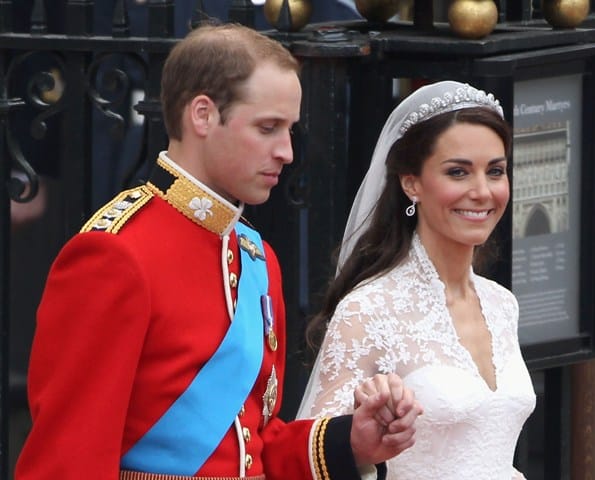
Internet traffic was down by about 10 percent on the day of the Royal Wedding, according to network monitor Sandvine: “Quite simply, the billions of people tuning into television coverage meant that a huge number of subscribers who would normally be active online were, instead, glued to their televisions.”
Sandvine’s report on Royal Wedding internet use underscores several main points…
-
The event was a television event: TV sucked users from their internet screens.
-
But internet video use, for viewers not at a TV, jumped – up 26 percent over normal Fridays. “YouTube (NSDQ: GOOG) remained the largest source of video when measured in absolute bandwidth.” BBC iPlayer traffic was up nearly sevenfold.
-
Social media was also popular – Twitter and Facebook traffic saw a day peak during the ceremony itself and the balcony kiss.
-
A more modest mobile spike – “Mobile networks experienced larger, but more compact surges, suggesting … people were being efficient with data usage, only using mobile devices for the highlights.”
The feared online congestion crash never happened. “Somewhat paradoxically, perhaps the largest reason why the wedding didn’t topple networks worldwide was because
it was so popular,” Sandvine says. “With so many people worldwide choosing to turn on the TV rather than turn on the computer, a glut of online activity released more than enough network capacity to accommodate the increase in video traffic associated with the wedding.”
Akamai (NSDQ: AKAM) reported that the wedding was the sixth-largest web event ever, measured in terms of page-views per minute.
Bear in mind – Royal Wedding day was a public holiday in the UK; most people were not at their work computers.